Category: Latest News
A wonderful first week!
Learners class have settled back into school life with such ease this week! I am so proud of how grown-up they have come in to school each morning. It feels like Year 1 have always been a part of Learners class and the Year 2’s have made them feel so welcome. It has been lovely to see. We are proving to be a great team already! This term in History, we are thinking about changes over time. This week, we have had a go at writing using feathers and ink – its trickier than you might think! In Science we have learned a little bit more about the sun, luckily it has been shining all week to help us with our learning. We are excited to begin using our loom to weave in class and have been practising our skills with some paper weaving. On Thursday afternoon, we had PE on the field and delighted in practising our jumping and leaping techniques.
We have enjoyed playing and exploring our classroom this week and most importantly everyone’s face has been a happy one! What a start Learners!
Mrs Brown
Summer 2021 newsletters
Please find below the newsletters for the summer term 2021.
Spring 2021 Newsletters
Each week, our school newsletter will be published here and emailed directly to our families. To join our mailing list, please get in touch with us.
Information about returning to school, following closures related to Covid-19
Return to school letter – strategy
Return to school letter – FAQs
Leaders’ Home Learning – Tuesday 12th January 2021
Good Morning Leaders
Thank you for your patience yesterday with the technical issues that Tapestry was encountering. I am sure you have all being doing lots of fantastic learning. Please don’t worry if you were unable to complete yesterday’s tasks although, it would be great if you could look at the ‘What We’ll Build’ story post as we will be using that to base our English activities on for the coming weeks.
Also, a big thank you to everyone who uploaded a poetry video. I really enjoyed seeing you all and your concentration and characters really shone through.
#English
Today, we are going to think about once of the first pages of the story. We are going to be using the page near the front of the book which is covered in tools. We use tools to help us complete lots of different jobs. For a bit of fun, I have attached several photos of tools, and I would like you to guess what the tools are used for – some of them look rather strange!
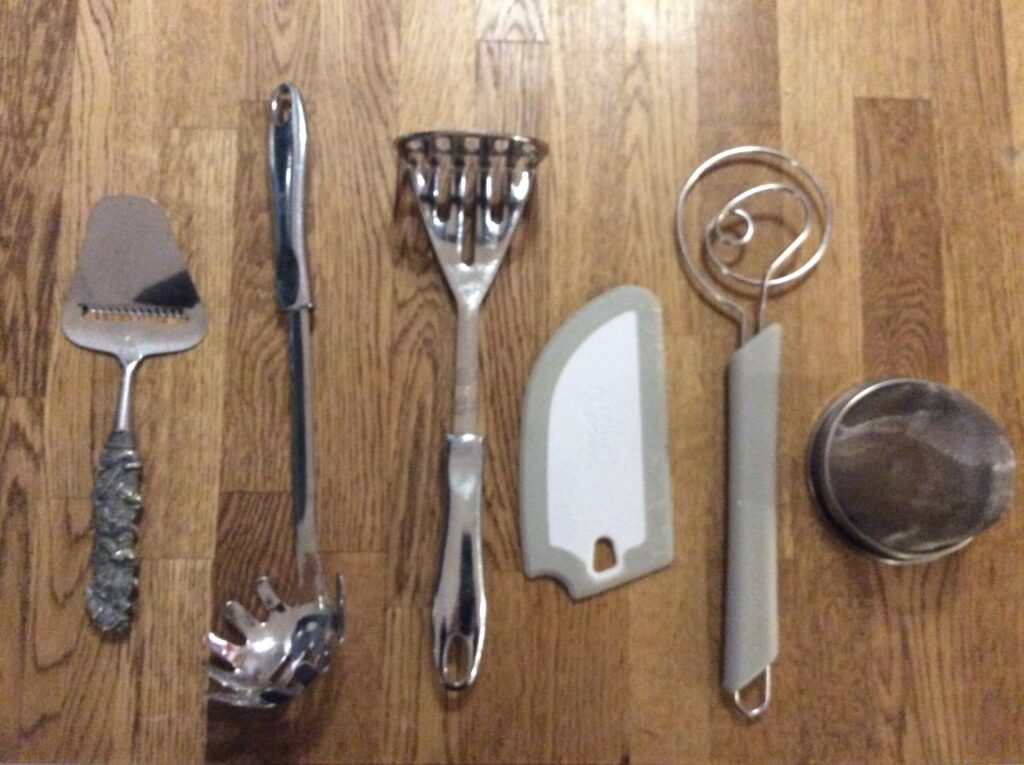
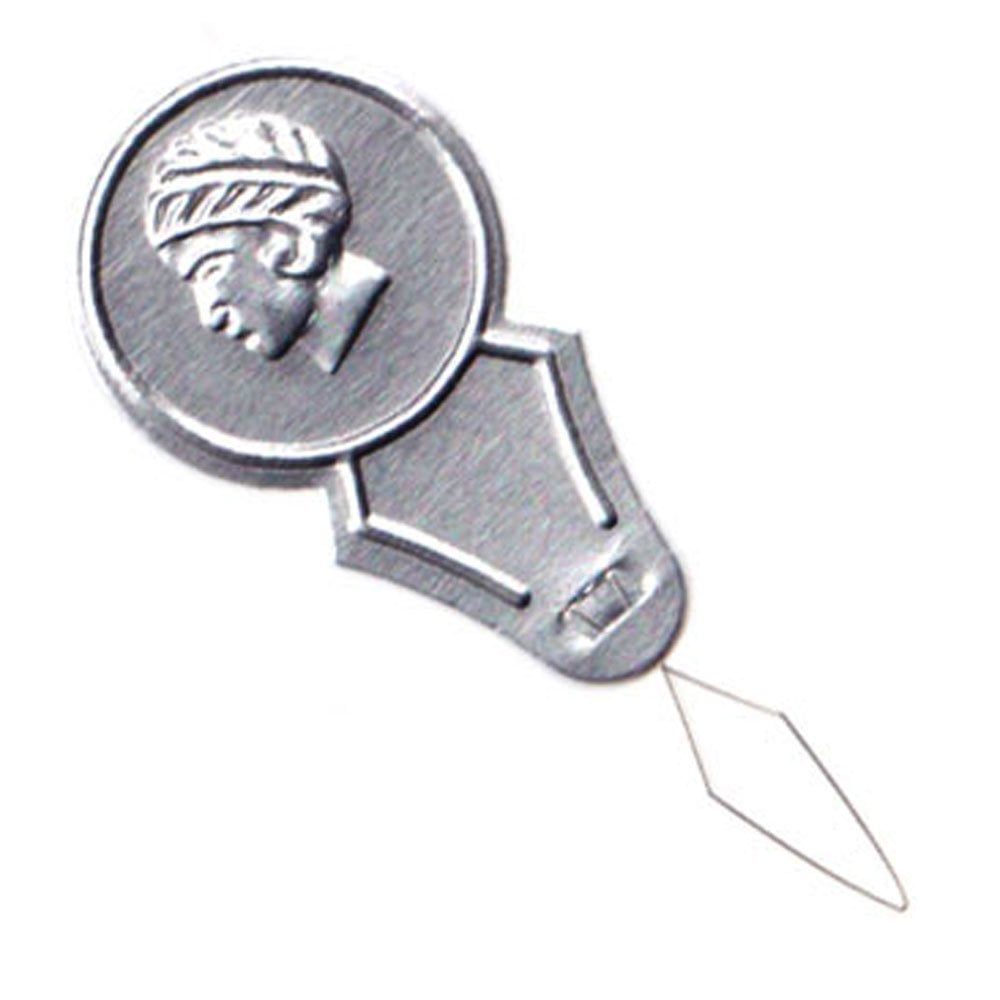


We are going to build up to writing an explanation of how a tool or object works but with a slight twist. Look at the pages attached of the book ‘Until I Met Dudley’ and investigate the explanations. You will see there are two very different explanations of the same object. Read these carefully and see if you can list the similarities and differences between the two explanations. Your list of similarities should then give you a list of features you would see in an explanation text. Keep this list safe as we will need it during the week.
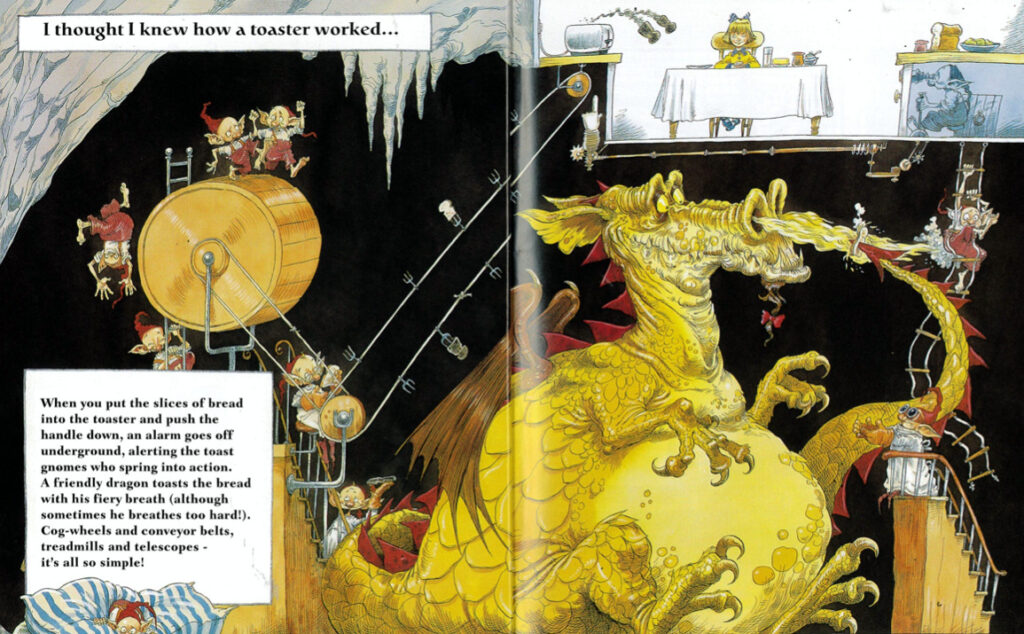
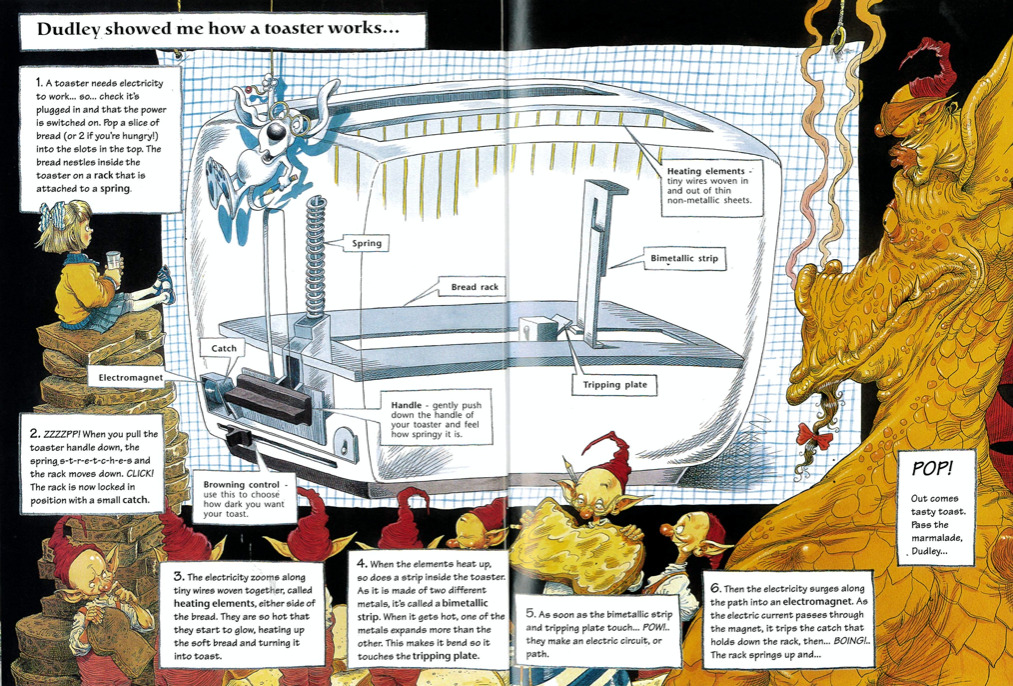
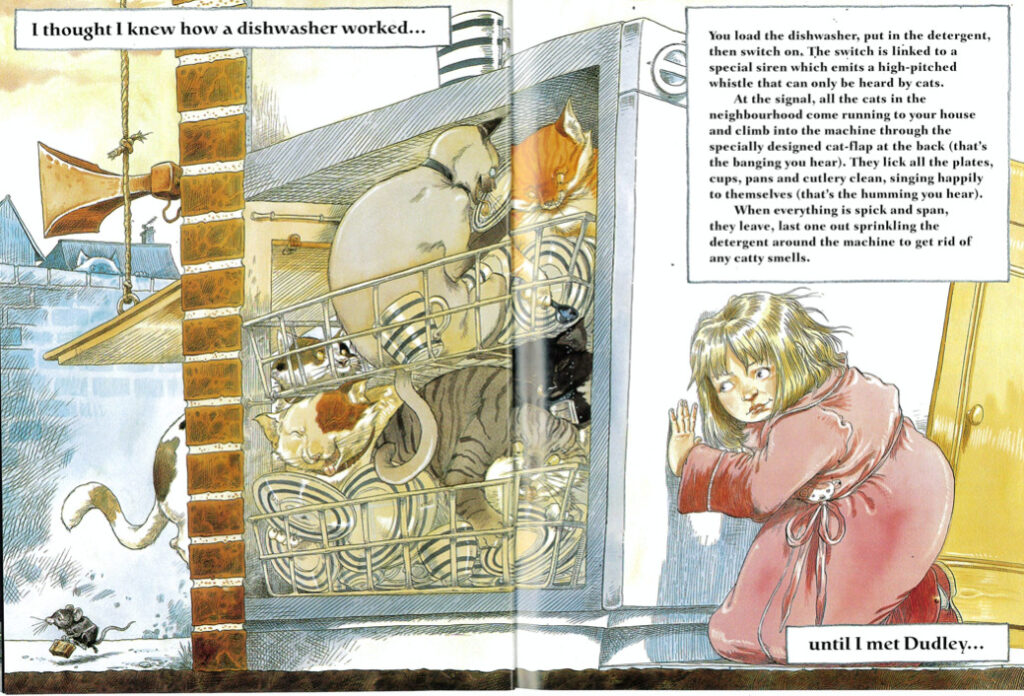
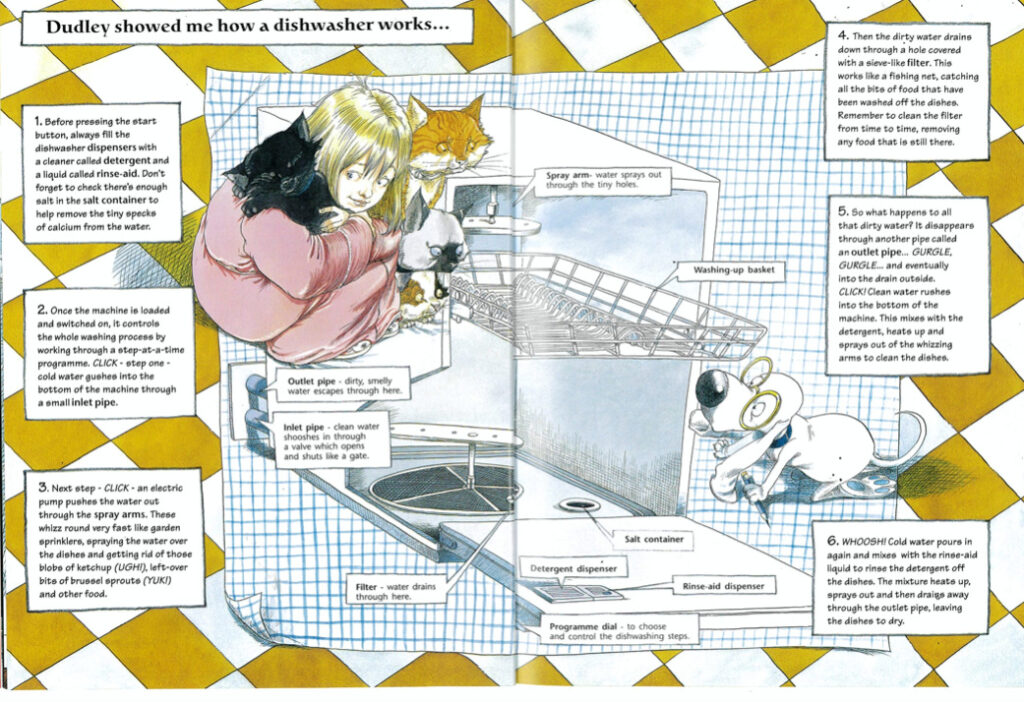
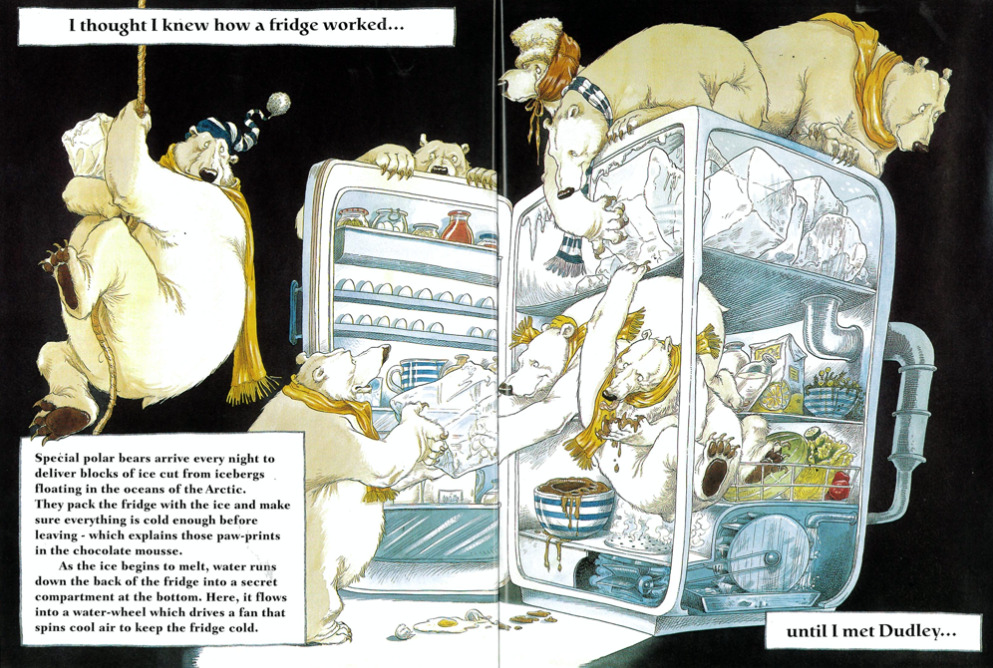
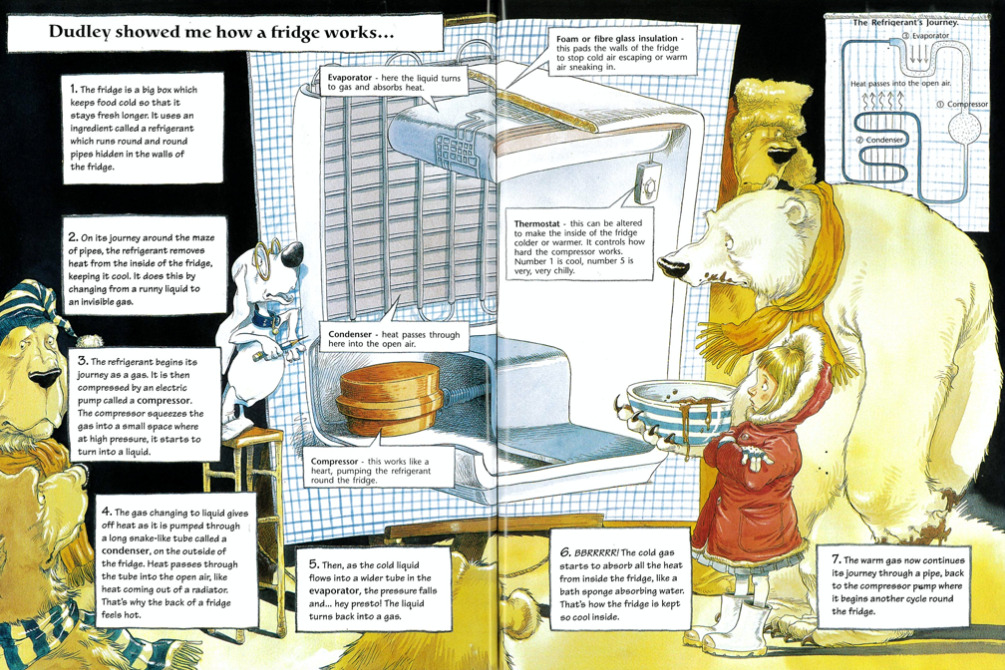
#Maths
We are continuing with our work on division today.
Year 5, page 16, Dividing. If you would like to check in with the video from yesterday to remind yourselves, please do before you start.
Year 6, page 15, Dividing. Your task today includes some long division. You can use this video to help you recap the long division method or, if you are confident, you might want to have a go at the first one and then watch the first bit of the clip to check your method. https://classroom.thenational.academy/lessons/use-the-formal-written-method-of-long-division-to-solve-appropriate-calculations-c8wk0c?step=2&activity=video
#Art/Outdoors
Finally, your task is to create a cairn. Cairns are man-made towers of natural stones, usually built as a landmark or a memorial. All you need to do is gather a range of flat rocks and pebbles in different sizes, and then stack them in order, with the largest at the bottom and the smallest at the top.
See if you can get your cairn to balance, and count how many stones high your structure can hold.
For an extra challenge, change the foundation of your tower to a smaller stone, and see if you can rebuild it.
If you don’t have any rocks or pebbles, you could get create and use small items around the home.
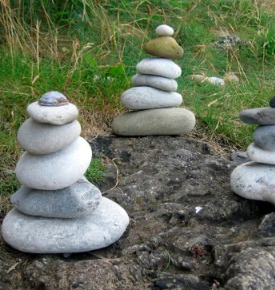
Have a great day.
Discoverers’ Home Learning – Tuesday 11th January 2021
Hi there, Discoverers 😀
I am sorry that there were problems with Tapestry yesterday. I was very proud to hear that you were working through your home learning books, and managed to complete some alternative tasks too. Well done and thank you for keeping motivated!
Today, in maths, we are continuing with division. Have a go at the questions below, remembering that if you are unable to divide the 10’s equally, you can exchange them for 1’s. Let me know if you have any questions.
If you are completing maths in your home learning, today it is page 18 for year 3 and page 16 for year 4.
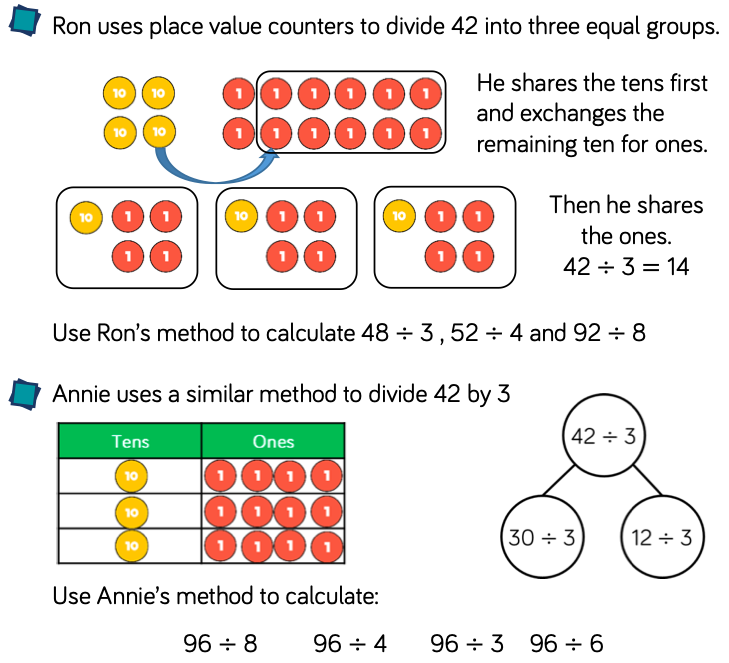
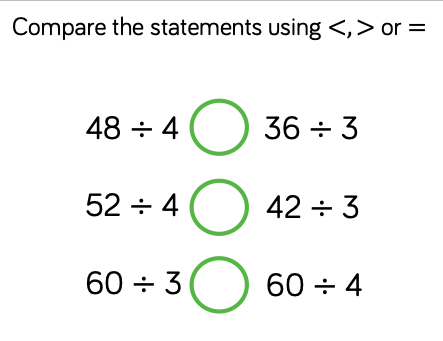
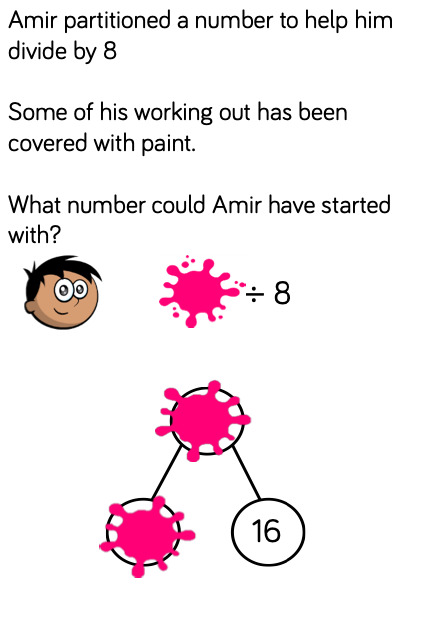
In English, we are going to be using the story ‘What We’ll Build’ for our key theme. For the next two weeks we will be building towards writing an explanation text. Each day I will set you a task which works towards this. Yesterday, or perhaps today, you will be able to listen to Sleights’ staff read What We’ll Build (This is in a separate post by Mr Grason). After listening to the story, you may have realised that the story talks about creation, and there are illustrations related to many tools. It would be great if today you could take a look at the example texts I have uploaded and tell me what they all have in common (key features). They are all examples of explanation texts from a book called Until I Met Dudley by Rodger McGough.
Here are a few questions to help you:
Do they all have illustrations?
Do they all have a title?
Are there any similarities in the language that is used?
When you have finished writing your list of key features, watch the video below, and see if there are any features that you have missed? https://www.bbc.co.uk/teach/class-clips-video/english-ks1-ks2-how-to-write-an-explanation/zh2kjhv






Finally, your task is to create a cairn. Cairns are man-made towers of natural stones, usually built as a landmark or a memorial. All you need to do is gather a range of flat rocks and pebbles in different sizes, and then stack them in order, with the largest at the bottom and the smallest at the top.
See if you can get your cairn to balance, and count how many stones high your structure can hold.
For an extra challenge, change the foundation of your tower to a smaller stone, and see if you can rebuild it.
If you don’t have any rocks or pebbles, you could get create and use small items around the home.

I hope you all have a wonderful day,
Mrs Taylor
Autumn 2020 Newsletters
Each week, our school newsletter will be published here and emailed directly to our families. To join our mailing list, please get in touch with us.
Let There Be Light
Shadows were of interest so we got out some filters and overlays,torches and mirrors to experiment with.
So much learning about sorting materials and new vocabulary-opaque and transparent,flexible,rigid and reflective.
Sorting and Comparing : Fruit and Vegetables
Fresh vegetables were added to the Cat’s Kitchen. A question was asked,”Is it real?” and so a different investigation took place.
We sorted fruit and vegetables,real and plastic and wooden. We sorted again depending on how it grew-above or below ground,on plants or trees. Then we had a poke around inside to look for seeds.
Some liked this. Some were less keen!
Painting Pumpkins
Some painted on paper. Some preferred to paint straight onto the pumpkin. Either way the Pioneers adapted their strategies to suit the tools and the canvas. Focus and energy. Patience and thought.
Great exploration.

































































